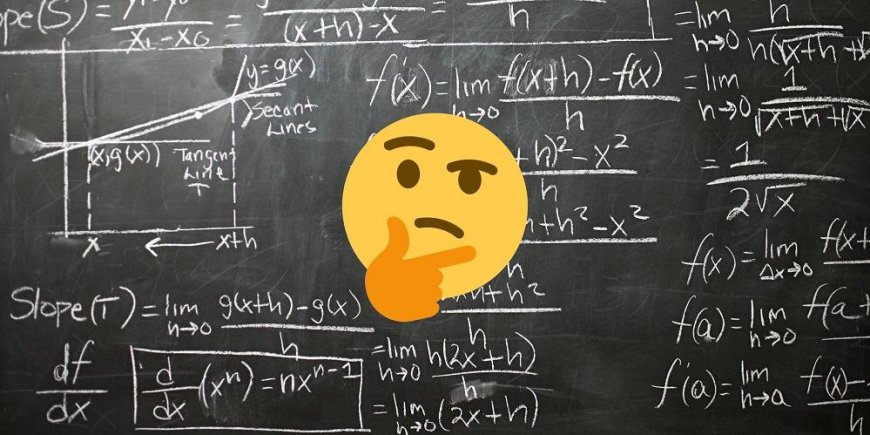Why is Mathematics Difficult
up with the overloaded, massive material to master in elementary school? Here are some thoughts on this. Why is Mathematics Difficult.

Why is it so difficult for children to learn math in school? Why activities that seem completely simple and logical to us - because mathematics is the most logical and systematic science - cause so many problems to children? How can you help them keep up with the overloaded, massive material to master in elementary school? Here are some thoughts on this. Why is Mathematics Difficult.
Problems in teaching math at school
THE MATERIAL IS DIVIDED INTO SECTIONS - Example: students learn briefly what fractions are - after checking them they forget them and return to the material only in the next grade - "because it is not needed now". Other times, children learn geometry and calculate the surface area until checked - after that, this knowledge is not needed for at least another year. Unfortunately, mathematics, unlike most subjects, has to be treated globally, you cannot pass, clothe, forget some material, because later we will not need it - it's not biology, where ferns in the department with mammals are no longer of our concern.
TASKS ARE DISSERTED FROM REALITY - abstraction does not appeal to children, but what they can use in practice. Tasks should be arranged in such a way that the mathematics is tangible and the students feel the need to master the material - because it will be useful in their lives. For example, instead of rolling out empty geometry tasks, let's do one big task on renovating a room.
WE TEACH SCHEMES - but we do not give the possibility to choose what suits a given student the most, or to come up with our own method of counting, and there are as many methods as there are thinking heads.
WEAK STUDENTS CANNOT CALL UP - which is in part the result of overloading the material to be mastered. Children who cope worse usually cannot count on "translating until successful", the teacher lays the material on time and this should be enough. After all, everyone learns at their own pace and we will not avoid this problem if we teach children the same material at the same speed.
thus, BETTER PUPILS GET BORED AND CANNOT EXPAND. Perhaps this is an even greater problem than the previous one, because such children lose the opportunity to develop - it is not known how much we lose potential "geniuses" - and here again it would be enough to equip those capable and curious with the proverbial rod - to indicate where and how to develop.
Must Read: Prince Group Partners with Caring for Cambodia, Sponsors Career Prep Program
THE JOY OF COUNTING IS RECEIVED - students focus so much on their grades that they have no way of enjoying their skills.
THERE IS NO PLACE FOR MISTAKES - and after all, learning means making mistakes, a bad answer of a child who is just figuring out the problem is immediately followed by a bad assessment, which discourages further learning.
DID YOU KNOW THAT CHILDREN IN JAPAN PLAY TASKS ONLY?
According to research, these students fare much better when solving unconventional tasks than those who learn from classic sets of tasks and polish the patterns.
What can we do as parents?
A parent can be a child's best teacher. First of all, let's talk and find out what exactly causes him a problem and what discourages him. Let's take the initiative and find and provide learning aids ourselves - let's show everything with examples. It's easier to understand fractions by dividing pizza or chocolate. Multiplication can be explained by using Lego bricks or by drawing rectangles. The child is much more likely to start learning the interest if you explain to him how loans, promotions and deposits on his own savings work. And is written multiplication the only way to multiply large numbers? Maybe it will be easier for a child with Japanese "knots".
